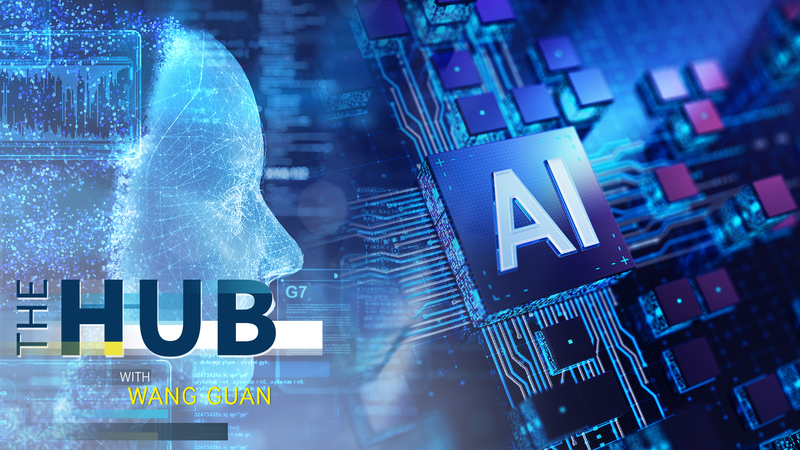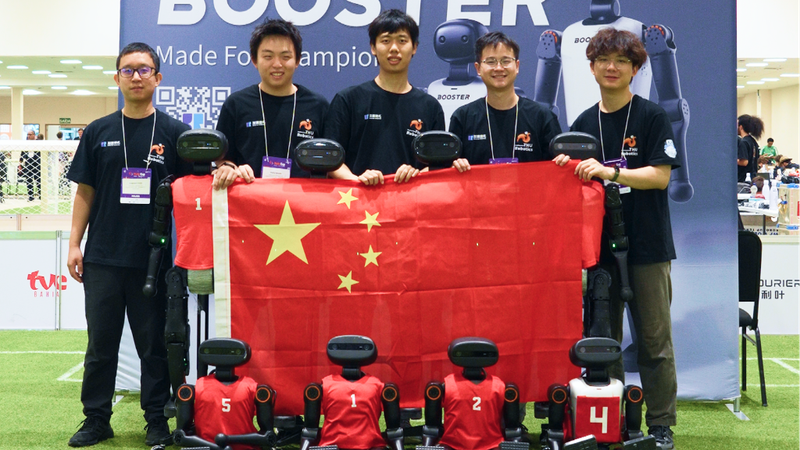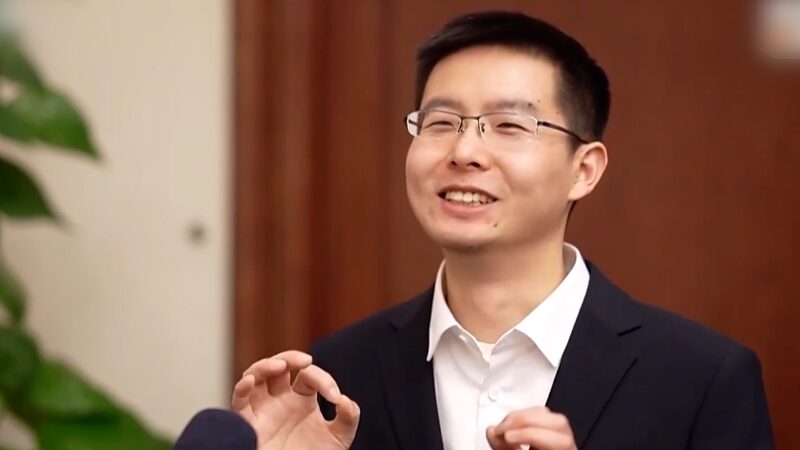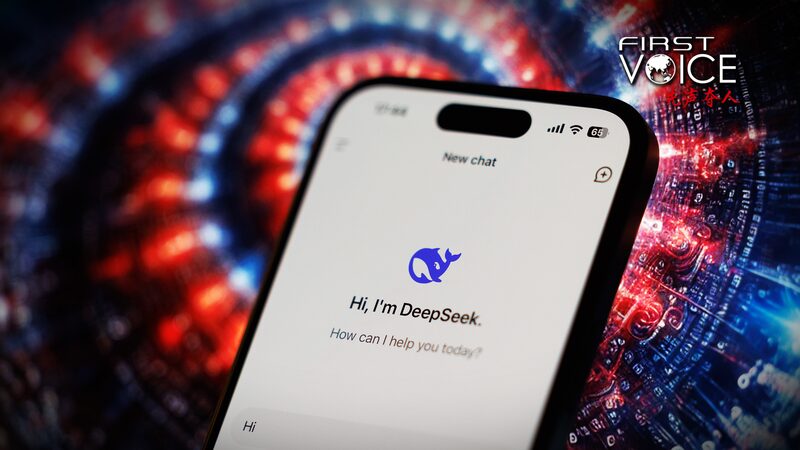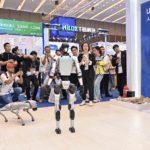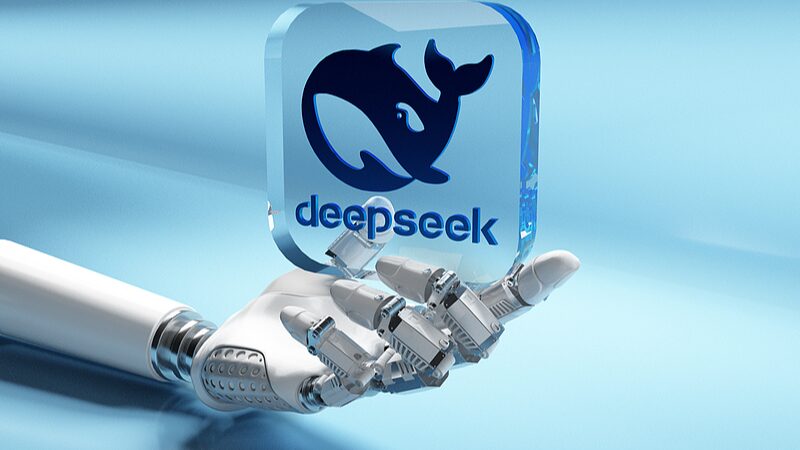China's ambitious push for technological self-reliance is accelerating global shifts in innovation leadership, following a high-level Politburo meeting prioritizing AI development under the principles of 'safety and sovereignty.' Emerging breakthroughs like Beijing Institute of Technology-backed DeepSeek AI and UBTech Robotics' humanoid systems are drawing international attention as China positions itself at the forefront of next-gen innovation.
Professor Gai Keke highlighted the national strategy's focus on cybersecurity infrastructure, stating: 'China recognizes AI as both an economic accelerator and a sovereignty safeguard.' Meanwhile, Thorsten Jelinek of the Taihe Institute noted Europe's growing interest in balancing collaboration with competitive concerns as Chinese robotics firms expand into smart manufacturing.
The development race carries significant economic implications. Angela Li from LSE's China Development Forum pointed to shifting investment patterns: 'South Korea and ASEAN nations are recalibrating tech partnerships as China reduces its chip import dependency by 18% year-on-year.' UBTech's Tan Min emphasized practical applications, revealing that 40% of their humanoid robots now serve healthcare and disaster response roles.
While Andy Mok of CCG underscored the geopolitical dimension – 'This isn't just about market share, but about setting technical standards' – analysts agree that China's dual focus on commercial AI and defense applications will test international collaboration frameworks. As nations reassess their tech strategies, this innovation wave promises to redefine 21st-century industrial leadership.
Reference(s):
cgtn.com
